With the cost of home ownership higher than it has been in years, finding opportunities to save money or offset these costs is a high priority for many buyers when looking for a home.
With the rising cost of electricity, coupled with increased interest and incentives for moving to more renewable energy sources, more people are installing solar panels on their homes. In southern Ontario, we experience an average of about 300 days (of 2,000 hours) of sunlight per year. This makes the case for solar panels attractive.
In addition to generating your own electricity, there are also incentives for installing solar panels that have made it attractive for homeowners to take advantage of. The Ontario Net Metering Program enables homeowners to send any surplus energy back to their utility grid for credit towards future energy bills. The Canada Greener Home Grant provides grants of up to $5,000 and a Loan of up to $40,000 to assist with installation costs.
The prospect of buying a home that provides its own electricity seems like a no-brainer. However, it is important that you understand what you are purchasing before getting too excited. Not all solar panels or solar panel systems are alike and there are many factors to consider when determining the value of a particular system.
Factors to Consider
Leased vs. Owned
Perhaps one of the most important factors to know before purchasing a home with solar panels is whether they are leased or owned by the current homeowner. Leases are typically long-term (10-20 years) and you may be required to buy out the lease on purchase of the home. This can be expensive. Some leases can be assigned to you but this could affect your debt-to-income ratio and your ability to qualify for the mortgage you need.
Owned panels mean that you would own the panels on purchase and can reap the benefits of them immediately without any extra costs.
Net-Metering
One of the benefits of having solar panels is the ability to sell your excess energy back to the grid. Make sure the system you are buying is eligible for the net-metering program by contacting your utility company. And ask the seller how it has affected their energy bills over its lifespan.
Quality/Installer
There are many solar power companies out there with varying degrees of quality, reliability and service. Find out who made the panels as well as who did the installation to assess quality and warranty information. You’ll also want to know when they were installed and how they have been maintained to determine potential future maintenance costs. Solar panels should last 25 years or more with proper maintenance.
Placement
Where and how the solar panels are installed is critical to the effectiveness of their operation. Obviously, a south-facing roof is the ideal location to maximize sun exposure, but east and west facing can also be good. Check the angle of the roof as well – between 30 and 45 degrees is optimal – and make sure there aren’t tall trees or buildings that might block the sun from reaching the panels.
There are many advantages to having solar panels on your home, not least of which is the energy savings you will experience. Plus, in buying a home with solar panels already installed, you get to reap the benefits right away since the previous owner paid the upfront investment (assuming they are owned).
Always do your due diligence before investing in a home with solar panels to avoid any unwelcome surprises.


